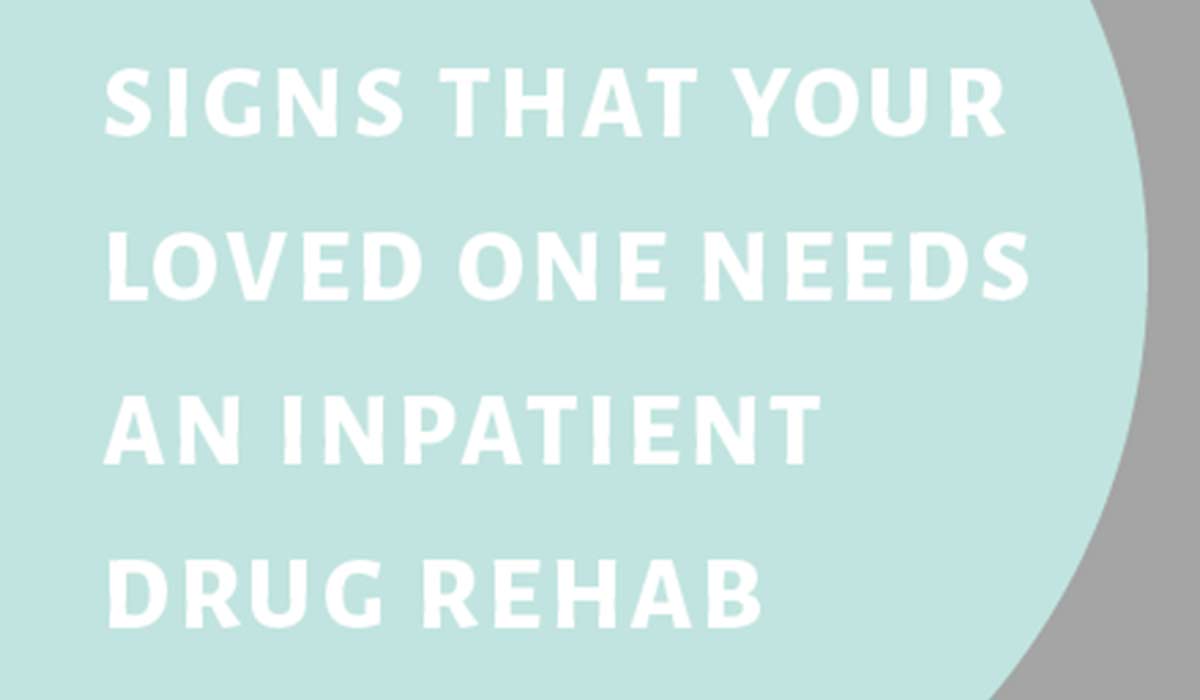Gain Beneficial Understanding On How To Ideal Sustain A Liked One In Their Journey Through Drug Recovery, Without Endangering Your Own Well-Being
Gain Beneficial Understanding On How To Ideal Sustain A Liked One In Their Journey Through Drug Recovery, Without Endangering Your Own Well-Being
Blog Article
Content Writer-Fallesen Haastrup
Sustaining an enjoyed one in Drug rehabilitation can be both challenging and fulfilling. It's essential to comprehend their trip and exactly how your role fits into their recovery. From efficient communication to establishing healthy and balanced limits, your method can significantly affect their development. Yet how do you balance being encouraging without shedding yourself while doing so? Exploring these approaches can assist you develop a caring atmosphere for both of you.
Comprehending the Rehabilitation Process and Your Duty
When a loved one enters rehab, recognizing the process and your role can substantially influence their recuperation journey.
You'll discover that rehab typically entails a number of stages, consisting of detoxification, treatment, and aftercare. Each stage plays a vital part in aiding your liked one gotten over dependency.
Your assistance can make a distinction; existing and motivating them to participate in treatment is vital. It's important to inform on your own regarding the rehabilitation process, so you can much better understand what they're experiencing.
Keep in mind, your function isn't to repair their troubles however to offer unwavering support. This can help develop depend on and reinforce your partnership as they navigate their healing path.
Stay positive and person; change takes time, however your support can influence hope.
Reliable Interaction Techniques
Clear interaction is essential to supporting your liked one in rehabilitation. When you speak with them, be sincere and open while likewise listening proactively. Usage positive language to motivate them and avoid judgmental remarks that might push them away.
Ask open-ended concerns to help them express their feelings and experiences. If they share something challenging, validate their feelings rather than trying to deal with the scenario immediately. It is very important to remain individual, as they mightn't always be ready to chat.
Set aside distractions throughout conversations to show them they matter. Last but not least, sign in regularly yet respect their room; equilibrium is essential. By fostering an encouraging discussion, you help them really feel loved and recognized throughout this difficult time.
Keeping Healthy And Balanced Boundaries and Self-Care
While supporting a liked one in rehabilitation, it's important to keep healthy borders to shield your own wellness.
Develop what http://wendolyn1britney.booklikes.com/post/6670914/how-alcohol-withdrawal-influences-your-body-and-mental-health-and-wellness fit with and connect those limitations plainly. Bear in mind, it's all right to say no to requests that drain your psychological resources.
Focus on self-care by engaging in activities that bring you joy and relaxation. Whether it's exercise, pastimes, or spending time with pals, ensure you're taking some time for yourself.
https://www.nytimes.com/2022/02/14/books/review/the-urge-carl-erik-fisher.html 's also helpful to look for assistance from others, like a therapist or support system, to share your feelings and experiences.
By keeping boundaries and focusing on self-care, you not only aid yourself yet also produce a much healthier environment for your liked one's healing.
Equilibrium is key for both of you.
Verdict
Sustaining a loved one in Drug rehab isn't simple, but your motivation can make a distinction. By recognizing the rehabilitation procedure, interacting effectively, and maintaining healthy and balanced limits, you're creating a supportive environment for their healing. Keep in mind, it's equally as important to look after yourself during this journey. Stay patient and compassionate, and do not wait to look for support on your own, too. Your love and support can be an effective part of their recovery procedure.
